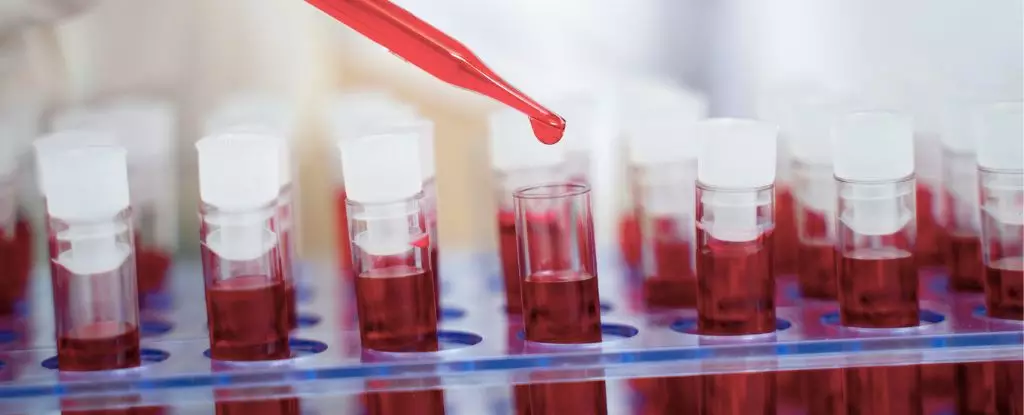In a groundbreaking study, scientists have made significant progress in identifying individuals who are most at risk of suicidal behavior. By examining specific biological markers in blood samples, the accuracy of diagnosis reached an impressive 90 percent. Although not foolproof, this research opens up possibilities for early intervention and tailored treatment plans for those suffering from major depressive disorder (MDD) and suicidal ideation.
Researchers focused on specific metabolites related to energy production in the body’s cells. The study involved nearly 200 participants, half of whom had tr-MDD and suicidal ideation, while the other half did not. Notably, the deficiency in blood metabolites like carnitine, CoQ10, folic acid, citrulline, vitamin D, and lutein was a key finding in individuals with tr-MDD. These metabolites are critical for cellular energy production, gene regulation, toxin removal, and immune response.
Additional Biomarkers
The study also explored other biomarkers associated with mitochondrial stress, such as elevated levels of lactic acid and fibroblast growth factor 21 (FGF21) in individuals with suicidal ideation. The connection between metabolic diseases and depression has been established through shared chronic inflammatory states. Given the limited effectiveness of existing depression treatments, researchers are now investigating inflammatory markers as potential targets for new drugs.
Modern technologies like metabolomics enable scientists to listen to cells’ biochemical conversations. However, decoding these conversations can be challenging when multiple components are speaking simultaneously. To identify the relevant metabolites, the researchers examined over 400 metabolites and identified a select few correlated with depression and suicidal tendencies. This study highlights the complex nature of mental health conditions and the need for comprehensive approaches to treatment.
A Different Perspective on Suicidal Ideation
While previous research linked depression alone to increased oxidative stress in cells, the present study suggests a distinct effect for those with suicidal ideation. Instead of oxidative stress, these individuals experienced “reductive” stress, whereby mitochondrial activity slows down and leads to an excessive production of cellular energy. This overflow of energy acts as a danger signal, triggering protective responses within the cell. The study suggests that suicide attempts may be a response to unbearable cellular stress.
Metabolic reductive stress is mediated by purine metabolites, which were found to be decreased in participants with suicidal ideation. It is worth noting that excessive purine production is associated with self-injurious behavior in the rare neurogenetic disorder called Lesch-Nyhan syndrome. Although further research is required to confirm the blood markers linked to suicidal ideation, these findings offer hope for the future prevention of suicide.
The identification of biological markers associated with suicidal behavior has the potential to revolutionize mental health care. By understanding the metabolic deficiencies and stressors that contribute to suicidal ideation, healthcare professionals may be able to develop personalized treatment plans to improve patient responses. Although these markers are not a cure for depression, they provide valuable insights into the relationship between metabolism and mental health. With further research, these findings may one day save lives and prevent individuals from reaching the threshold of suicide.



Leave a Reply